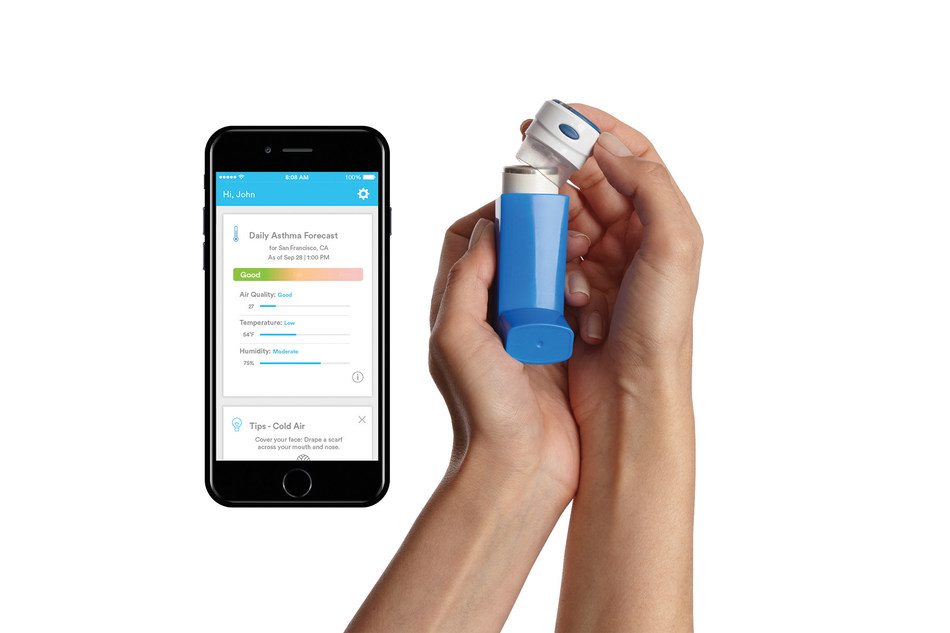New research from Propeller Health, the University of Wisconsin-Madisonand the University of California, Berkeley, is the first nationwide study to show an association between daily air pollution and rescue inhaler use using data obtained objectively from digital medicines.
The study, conducted from 2012 to 2017 on more than 2,800 people with asthma and published this week in Proceedings of the National Academy of Sciences, uses one of the largest nationwide datasets to assess the relationship between air pollution and asthma symptoms.

Unlike previous studies, which have largely relied on hospitalization or mortality data to assess the health impact of pollution, this study used nationwide data from Propeller’s digital medicine database to analyze the level of fine particulate matter at the exact time and location of a person’s rescue inhaler use.
Propeller’s leading digital medicines consist of small sensors that easily attach to consumers’ existing inhalers. The sensors are paired with a mobile app to automatically track medication use, capture environmental data and provide personal feedback and insights that help individuals manage and cope with symptoms. Read the full story here.





